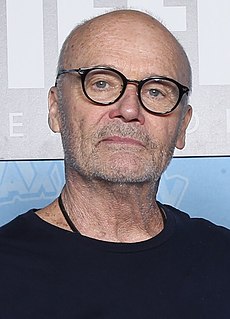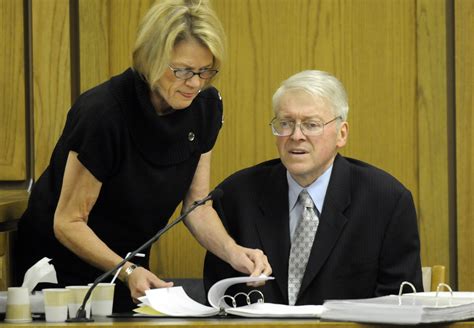A Quote by W. Somerset Maugham
The trouble with young writers is that they are all in their sixties.
Quote Topics
Related Quotes
As a young man just beginning to publish some short fiction in the t&a magazines, I was fairly optimistic about my chances of getting published; I knew that I had some game, as the basketball players say these days, and I also felt that time was on my side; sooner or later the best-selling writers of the sixties and seventies would either die or go senile, making room for newcomers like me.
There is a lot of sixties-bashing going on these days that I don't agree with at all. I feel that extremely important ideals were brought to the forefront of the collective consciousness at that time. Granted, drug use was so pervasive that our generation did not as a group have the capacity to manifest our ideals to any great extent. But many of the people who were young in the sixties and who were most touched by that collective ethos are still touched.
I guess when I was younger, I'd have assumed that in 2008 music would be full of great writers following in the tradition of the young great writers of the '60s and '70s, but it hasn't turned out that way, or at least there are no other writers around that I look at and think: 'Wow, I'm outclassed, I need to get out of this business.'






































